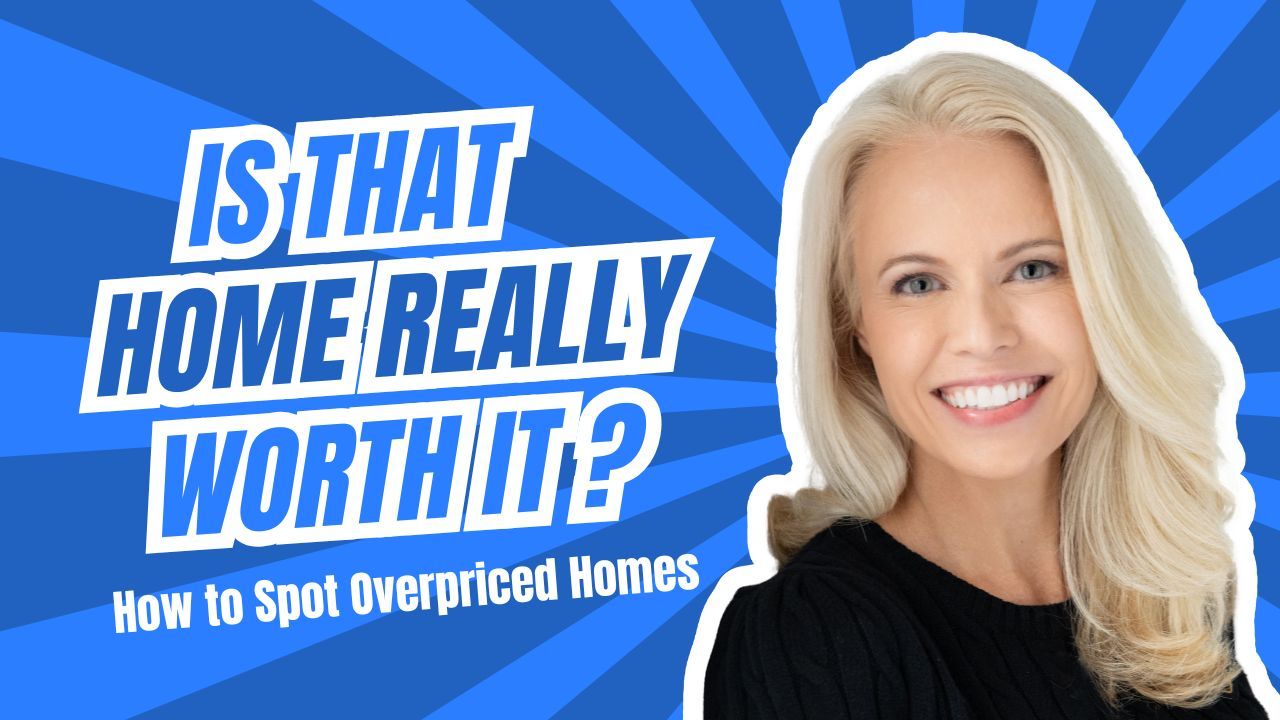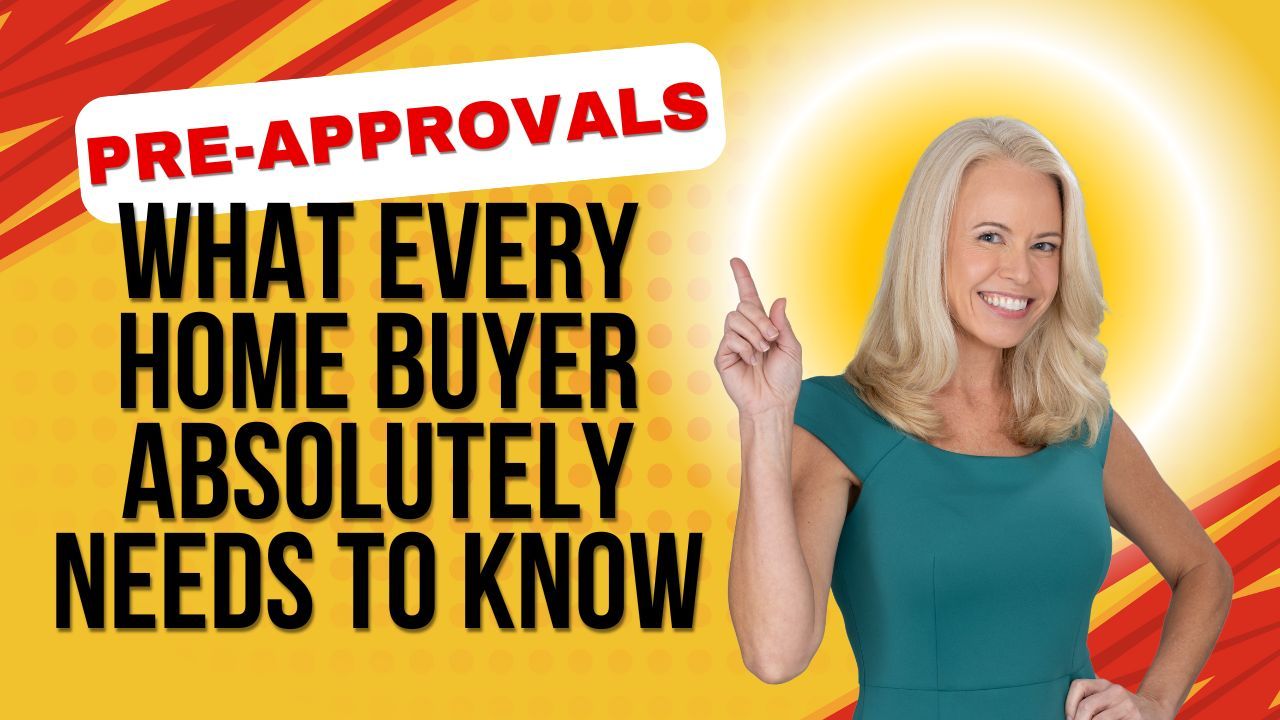Are Solar Panels Worth It for Homebuyers? Pros and Cons
Are Solar Panels Worth It for Homebuyers? Pros and Cons
Buying or selling a home comes with enough decisions, but when solar panels are involved, things can get even trickier. Are they a value-booster or a headache? Solar installation can seem like a great way to lower energy bills, but the reality is more complicated than it appears. Let’s break down exactly what you need to know about solar panels before you buy or sell a home.
Inspect for Roof Damage Under Solar Panels
The first thing to check when buying a home with solar panels is the roof underneath. Improper installation can lead to roof leaks, and it’s not uncommon to see water damage from these systems. For example, solar panels may come with a 15-year warranty, but the roof beneath might only be covered for 10 years. If poorly installed, these panels may damage the roof structure, causing costly issues later.
When visiting a home with solar, carefully inspect for stains, bulging, or ripples on ceilings directly beneath the panels. This is a telltale sign of leakage. Hire a home inspector or roofing contractor to take a closer look. Fixing roof damage tied to solar panels is a hassle you don’t want.
Owned vs. Leased Solar Panels: What’s the Difference?
A critical factor to consider is whether the solar panels are owned or leased. Ownership is straightforward: the seller has paid for the panels outright. Leases, however, bring complexity. If the panels are leased, the buyer often assumes the lease, meaning they’re now responsible for the monthly payments.
Some leases may include a buyout clause, allowing you to purchase the panels outright. That sounds simple, but these payments can add up quickly. Beyond that, if you’re assuming a lease, you’ll need to qualify with the solar provider. There have even been cases where buyers couldn’t get approved by the solar company, canceling the deal entirely. Always review the lease terms carefully—don’t leave this step to chance.
Solar Loans Can Be a Dealbreaker
Another financial hurdle with solar panels is solar loans. Many homeowners finance their solar installations through loans that sometimes need to be paid off before selling the house. This is a crucial issue because lenders won’t allow solar loans to remain attached to the home if they take priority over the mortgage.
For example, if a seller has a $60,000 solar loan and tries to sell the home, the buyer might expect them to pay that loan at closing. Suddenly, the seller’s profit margin takes a hit, or the buyer walks away. Buyers need to ask: Has the solar loan been paid off? If not, how much will it cost me?
Who Handles Maintenance and Repairs?
Solar panels don’t maintain themselves. Understanding the maintenance and servicing arrangements is essential when buying a home with solar. Who’s handling repairs if a panel malfunctions? Is the servicing company reliable? Are parts still under warranty?
It’s shocking how many buyers discover post-purchase that the panels were never properly maintained—or worse, not fully operational. Ask the seller for documentation showing the system’s maintenance history. This will give you a clearer picture of future repair expenses.
Are Solar Panels Really Saving Money?
Buyers often assume solar panels mean no energy bills, but that’s not always the case. How much energy the panels generate, the size of the backup battery, and the home’s energy usage all play a role. To get a realistic idea of savings, ask the seller for past energy bills. In some cases, solar panels may only offset energy costs partially, or they might not be working well enough to generate significant savings.
If the system isn’t reliable or efficient, it’s no different than having an expensive decoration on your roof.
Do Solar Panels Increase Home Value?
The assumption that solar panels automatically boost a home’s value isn’t always accurate. Much like a swimming pool, solar panels can appeal to specific buyers but not to everyone. Some people love the energy independence; others don’t want the hassle. In fact, panels can deter certain buyers who dislike their appearance or don’t want to take on a lease or maintenance costs.
For instance, a client once upgraded their home with an expensive Tesla solar roof, expecting a significant increase in value. To their surprise, the bank appraised the home’s value with no added premium for the installation. This highlights the importance of not relying on solar to guarantee a return on investment when selling.
Regional Considerations Matter
The demand and appeal of solar installations vary dramatically by location. In California—where sunlight is abundant and energy costs are high—solar panels are often a perk. In contrast, in areas like Minnesota, where winters dominate and solar efficiency drops, buyers may not see the same value. Always consider the region when deciding whether solar is a selling point or a liability in your market.
Be Cautious About Aesthetics and Neighborhood Norms
You also need to factor in aesthetics. While some neighborhoods embrace solar panels, others may find them unappealing. In luxury or higher-end communities, buyers can be especially picky about how the panels affect curb appeal. For some, this could even impact the property value negatively.
Take the neighborhood into account. If you’re selling a home, consider how the panels will fit with potential buyers’ preferences.
Should You Install Solar if You Plan to Sell?
If you’re considering solar on a property you might sell in the next few years, weigh the pros and cons carefully. Solar installations are costly, and in many cases, they won’t increase a home’s resale value enough to make up for the expense. Instead, they may complicate the selling process if loans or leases are still outstanding.
For homeowners planning long-term occupancy, solar can be a good investment. But if you’re thinking short-term, the added costs and potential complications might not pencil out.
Final Thoughts
Buying or selling a home with solar panels can be rewarding, but it’s far from simple. You’ve got to ask the right questions, check installation quality, and carefully review financial details. Whether you’re attracted to solar for its sustainability or utility savings, make sure the system functions well and works in your favor financially.
The bottom line? Do your homework. Solar panels can either be an asset or a financial headache, depending on how they’re set up and maintained. Make an informed decision—you’ll thank yourself later.
Book Your Mortgage Consultation Now
Ready to take the next step towards your dream home? Book a consultation with Jennifer Beeston today!
Whether you're a first-time buyer or looking to refinance, Jennifer is here to guide you through the process with ease and clarity.




